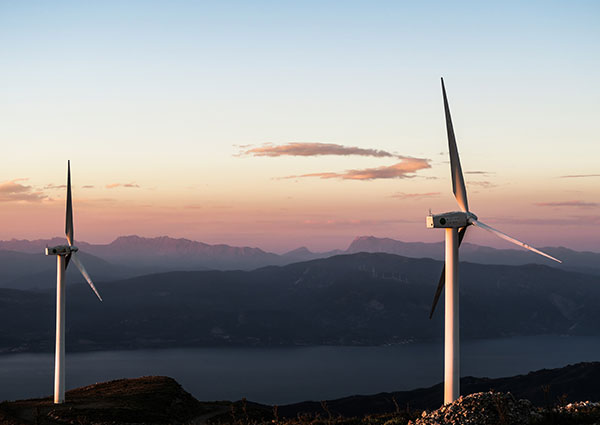Keeping the lights on worksheet
- 11-14s
- Energy
In this four part activity, students investigate and debate different ways of storing electricity.
In this set of lessons students research the latest innovations in energy storage and debate the different options. A four part lesson plan with a student worksheet.
Download the student worksheet in the related resources section below the curriculum links.
Download (306 kb)
Reading
Pupils should be taught to:
· understand increasingly challenging texts through:
o learning new vocabulary, relating it explicitly to known vocabulary and understanding it with the help of context and dictionaries
o making inferences and referring to evidence in the text
o knowing the purpose, audience for and context of the writing and drawing on this knowledge to support comprehension
o checking their understanding to make sure that what they have read makes sense.
Writing
Pupils should be taught to:
· write accurately, fluently, effectively and at length for pleasure and information through:
o Summarising and organising material, and supporting ideas and arguments with any necessary factual detail
Spoken English
Pupils should be taught to:
· Speak confidently and effectively, including through:
o participating in formal debates and structured discussions, summarising and/or building on what has been said
Physics
Energy
Calculation of fuel uses and costs in the domestic context
· Fuels and energy resources
Energy changes and transfers
· Other processes that involve energy transfer: changing motion, dropping an object, completing an electrical circuit, stretching a spring, metabolism of food, burning fuels
Listening and talking
Tools for listening and talking
When I engage with others, I can make a relevant contribution, encourage others to contribute and acknowledge that they have the right to hold a different opinion.
I can respond in ways appropriate to my role and use contributions to reflect on, clarify or adapt thinking.
LIT 3-02a
Reading
Tools for reading
I can select and use the strategies and resources I find most useful before I read, and as I read, to monitor and check my understanding.
LIT 3-13a
Finding and using information
I can make notes and organise them to develop my thinking, help retain and recall information, explore issues and create new texts, using my own words as appropriate.
LIT 3-15a
Understanding, analysing and evaluating
To help me develop an informed view, I am exploring the techniques used to influence my opinion. I can recognise persuasion and assess the reliability of information and credibility and value of my sources.
LIT 3-18a
Writing
Organising and using information
I can use notes and other types of writing to generate and develop ideas, retain and recall information, explore problems, make decisions, generate and develop ideas or create original text.
I recognise when it is appropriate to quote from sources and when I should put points into my own words. I can acknowledge my sources appropriately.
LIT 3-25a
Planet Earth
Energy sources and sustainability
Learners explore types, sources and uses of energy and develop their understanding of how energy is transferred and conserved. They consider the relevance of these concepts to everyday life. They explore the nature and sustainability of energy sources and discuss benefits and assess possible risks to form an informed view of responsible energy use.
Topical science
By considering current issues of science, learners increasingly develop their understanding of scientific concepts and their capacity to form informed social, moral and ethical views. They reflect upon and critically evaluate media portrayal of scientific findings.
Technological developments in society and business
I understand how scientific and technological developments have contributed to changes in everyday products.
TCH 3-05a
I can identify the costs and benefits of using technologies to reduce the impact of our activities on the environment and business.
TCH 3-07a
Oracy
Developing and presenting information and ideas
Reading
Locating, selecting and using information
Responding to what has been read
Writing
Organising ideas and information
Sustainable development and global citizenship
Learners should be given opportunities to:
· develop a sense of personal responsibility towards local and global issues
and to understand:
· the key issues of sustainable development and global citizenship, e.g. climate change
How things work
Pupils should use and develop their skills, knowledge and understanding by investigating the science involved in a range of contemporary devices/machines and evaluate different energy resources and possibilities.
They should be given opportunities to study:
· The conservation of energy and ways in which energy can be stored
· Technologies under development, which may lead to more efficient use of energy resources or using them in new ways
Talking, to include debate, role play, interviews, presentations and group discussions;
Reading and viewing for key ideas, enjoyment, engagement and empathy;
Plan and create an effective communication campaign, for example, participate in a model youth assembly or parliament about a global issue.
Research scientific information from a range of sources
Learn about:
Forces and energy
· Forces and energy transfer
· Using electricity
Investigate specific measures to improve and protect the environment, for example, renewable energy, efficient use of resources